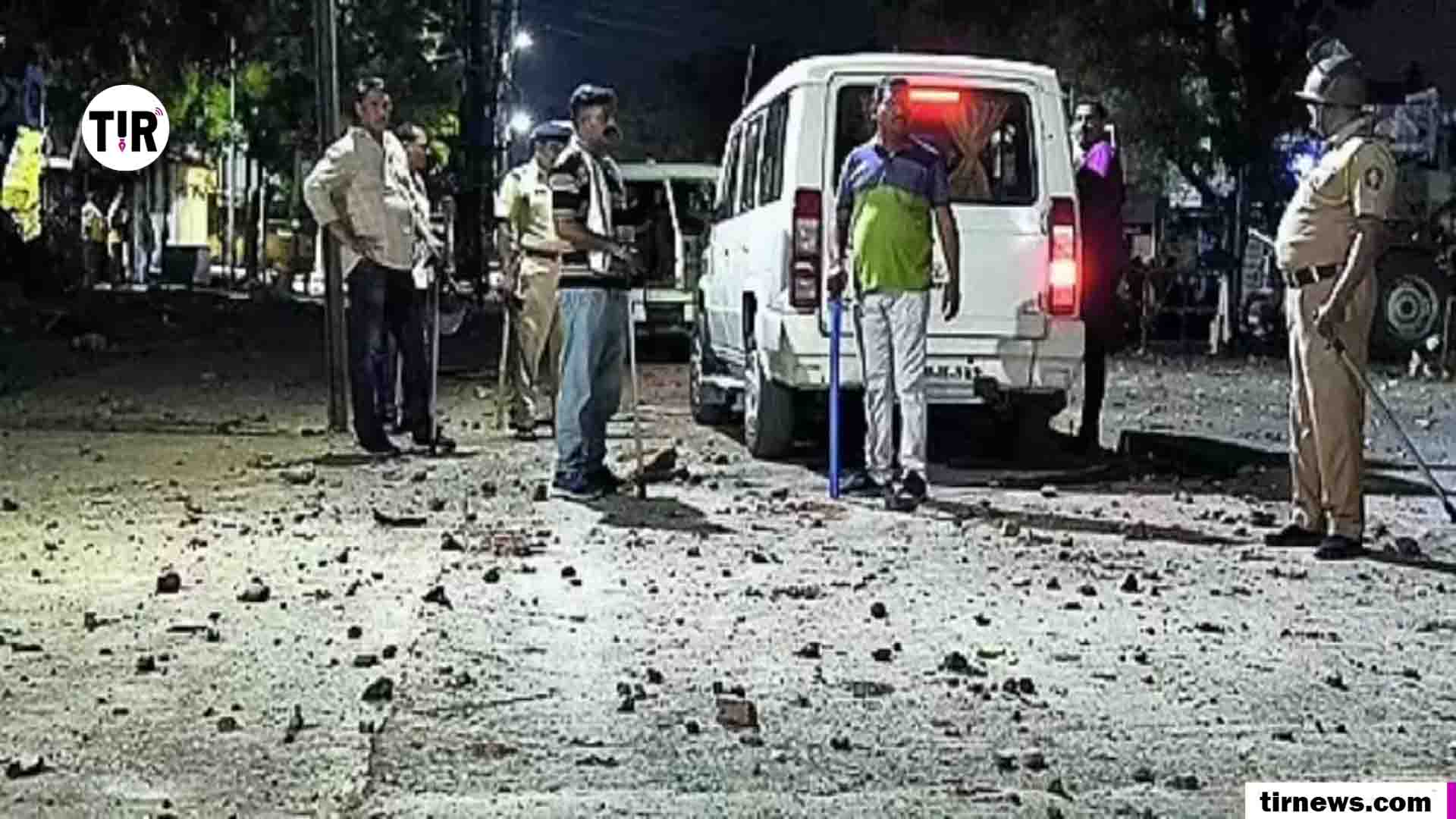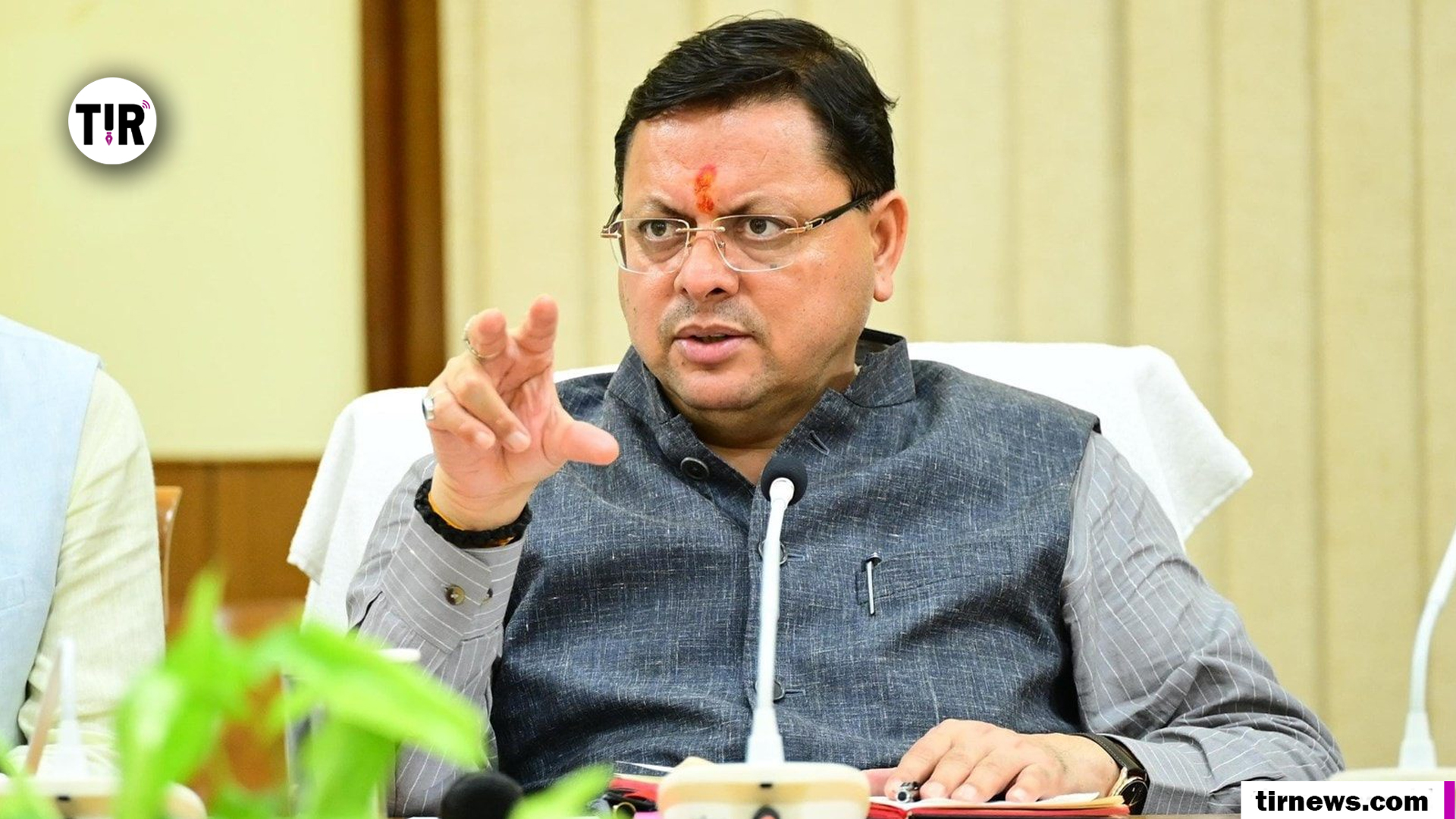On September 11, 2025, the Supreme Court of India strongly condemned the Maharashtra Police for failing in their duties in the Akola communal riots of May 2023. The court ordered a Special Investigation Team (SIT) including senior officers from both Hindu and Muslim communities to probe the case. It also emphasized that police officers must, when in uniform, shed personal biases—religious, casteist, or otherwise—and act with integrity and impartiality. (Deccan Chronicle)
Key Allegations & Findings
- A 17-year-old eyewitness, Mohammad Afzal Mohammad Sharif, alleged that during the riots, he witnessed the assault of an auto-rickshaw driver who was later murdered because he was wrongly believed to be Muslim. (ThePrint)
- Sharif claims he was also assaulted by the same assailants. Although he was admitted to hospital as a medico-legal case, the police allegedly did not register an FIR for the assault on him. (ThePrint)
- His father submitted a complaint to the Superintendent of Police, but no action ensued. Previous attempts at seeking legal remedy through the Bombay High Court were rejected. (The Indian Express)
Supreme Court’s Directives
- Set up an SIT with senior police officers from both Hindu and Muslim backgrounds to investigate all allegations, including registering the missing FIR for the assault. (The Indian Express)
- The SIT has been asked to submit its report within three months. (The Indian Express)
- Disciplinary action is to be initiated against erring police officers. (The Indian Express)
- Launch sensitisation efforts within the police force about the duty to act without religious, caste, or other biases. (Deccan Chronicle)
Legal & Constitutional Significance
- The Supreme Court reaffirmed that once there is information suggesting a cognizable offence, police are mandated by law to register an FIR promptly. (ThePrint)
- The judgment makes clear that an individual’s rights as an eyewitness or victim must be protected, even in communal violence situations, and the failure to do so amounts to dereliction of duty. (ThePrint)
ere is the short URL: https://tirnews.com/q3uw



